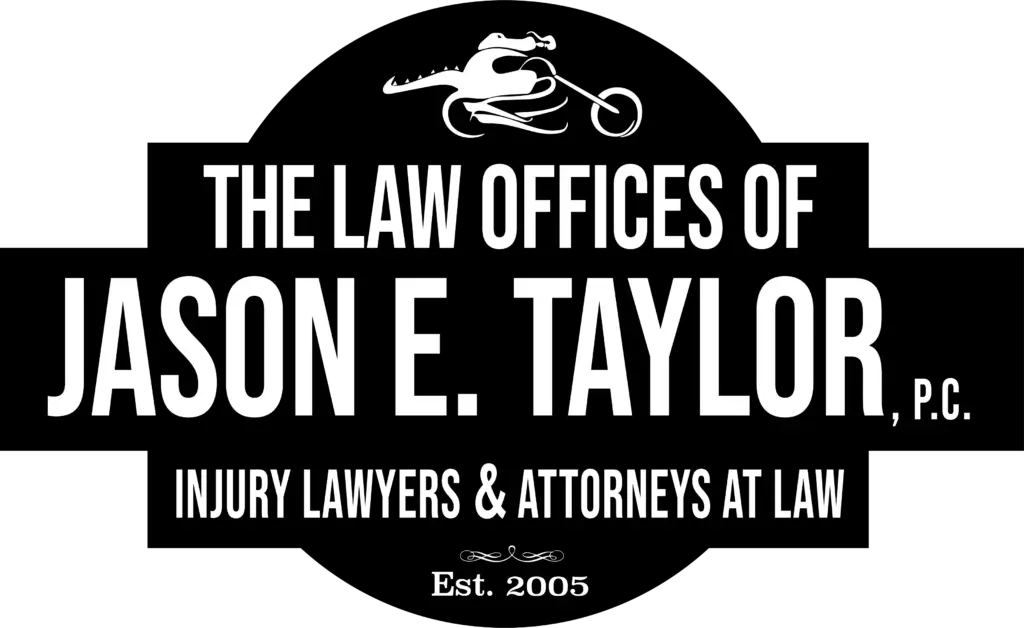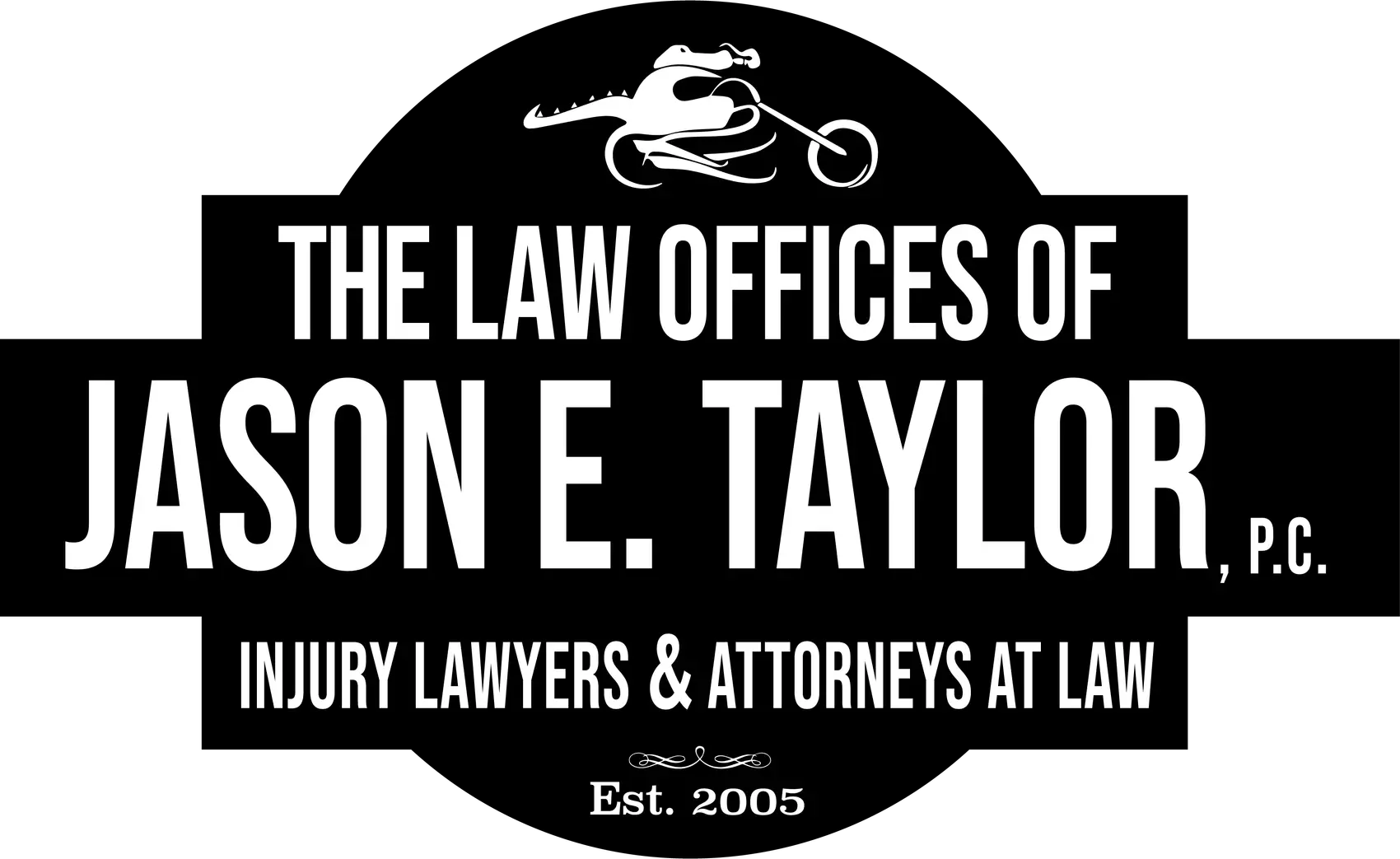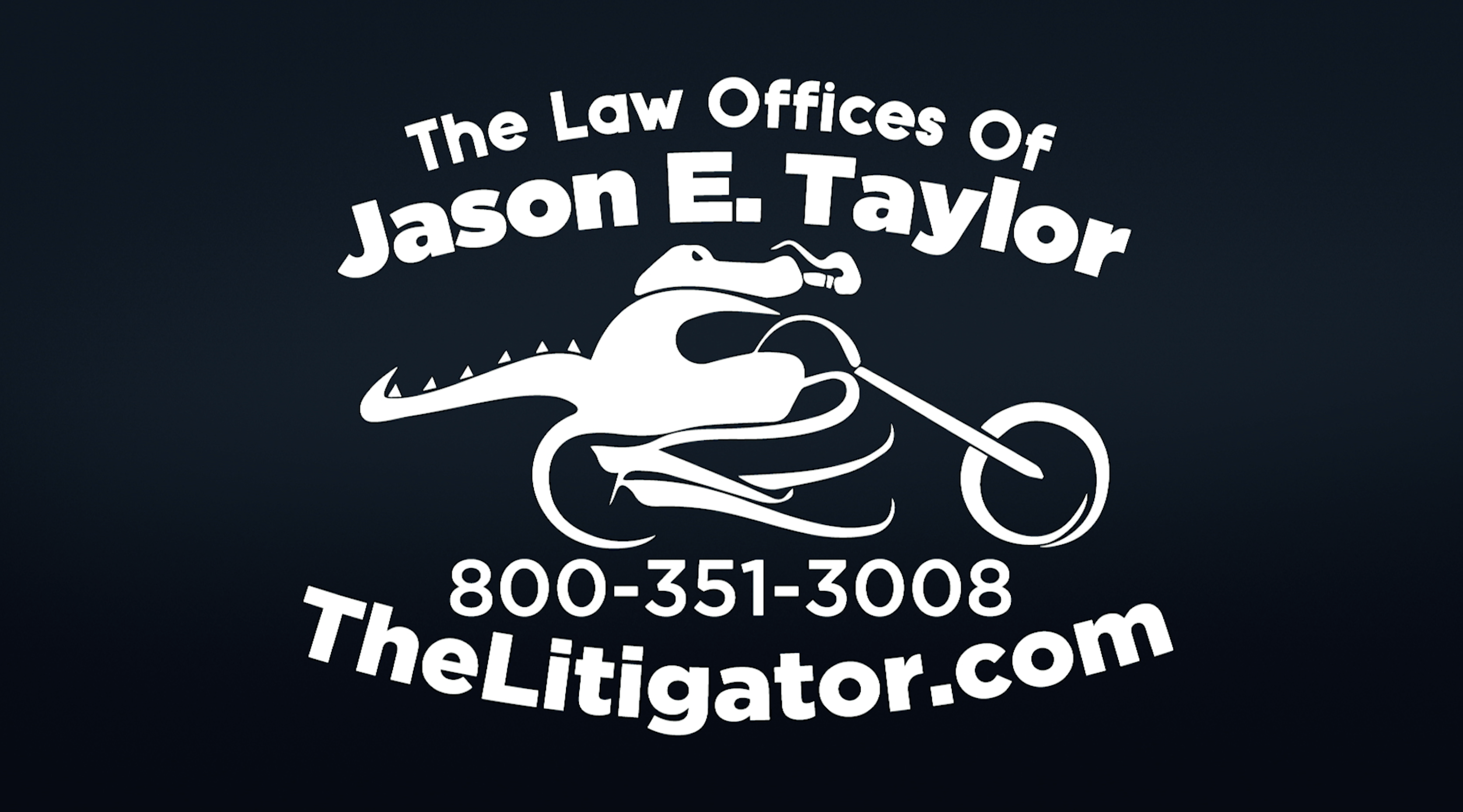Construction Workers Comp Claims
If you’re a construction worker in North or South Carolina who has been injured on the job, you may be wondering about your options for workers’ compensation. The workers’ compensation system is designed to help employees receive medical treatment and financial compensation for injuries and illnesses that arise as a result of their work. However, navigating the workers’ compensation process can be challenging, especially when dealing with a severe injury or illness.
That’s where a workers’ compensation lawyer can help. At The Law Offices of Jason E. Taylor, we have years of experience representing construction workers in North and South Carolina who have been injured on the job. Our team of skilled attorneys is dedicated to helping injured workers obtain the compensation they deserve and ensuring their rights are protected throughout the claims process.
Contact our workers’ compensation attorneys today for a free consultation.

Construction Injuries
Construction work is considered one of the most dangerous occupations in the United States, with a high risk of workplace injuries and fatalities. In 2020, According to the Bureau of Labor Statistics (BLS), there were 1,066 fatal occupational injuries in the construction industry. The leading causes of these injuries were falls, struck-by-object incidents, electrocutions, and caught-in-between incidents.
Additionally, the incidence rate of non-fatal occupational injuries and illnesses in the construction industry was 2.5 cases per 100 full-time workers in 2020, which was higher than the overall rate for all private industries. Construction workers must have access to effective safety measures and their employers must maintain workers’ compensation coverage to protect their rights and provide the necessary support if they suffer injuries on the job.
Common Accidents and Injuries Due To Construction Work
Construction workers are at risk of a range of accidents and injuries, including those caused by:
– Falls due to unsafe ladders or scaffolding;
– Cuts and lacerations from sharp objects or machinery;
– Burns due to contact with hazardous materials or electrical shock;
– Repetitive motion conditions;
– Exposure to toxic substances or loud noises; and
– Injuries due to heavy lifting, carrying, or operating machinery.
These injuries can impact the worker’s ability to provide for their family and cover their medical costs. Fortunately, injured workers in North and South Carolina may receive medical benefits and two-thirds of their lost wages through the States’ workers’ compensation programs.
Employers’ Duty to Keep Workers Safe
North and South Carolina employers have a duty to provide their employees with a safe working environment, including safety equipment and training on the proper use of dangerous tools or machinery. Unfortunately, accidents still happen.
Workers Compensation Insurance Requirements for Employers
North and South Carolina both have workers’ compensation insurance requirements for employers. Employers with three or more employees in North Carolina, and four or more employees in South Carolina must carry workers’ compensation insurance, which provides medical benefits, indemnity benefits (lost wages), and other costs related to an employee’s injury or illness during their employment. An employer that fails to obtain and maintain a valid workers’ comp insurance policy may be held personally liable for any medical costs and other damages related to the employee’s injury or illness.
If you are an employer with three or more employees, you should maintain workers’ compensation coverage. A workers’ comp policy will help protect you from liability in the event of an employee’s injury or illness and ensure employees will be appropriately cared for.
What Workers’ Compensation Benefits Are You Entitled To Under Workers Comp Laws?
Under workers’ compensation laws, injured construction workers in North and South Carolina are entitled to certain workers’ compensation benefits. These benefits can include the following:
Medical Treatment Costs
Injured construction workers may be entitled to coverage of all reasonable and necessary medical expenses related to their injury or illness. This includes emergency care, doctor visits, hospital bills, physical therapy sessions, prescription medications, and more.
Lost Wages
Workers who cannot return to work due to an on-the-job injury may be entitled to temporaty total disability during the period they are out of work. The amount paid will depend on the worker’s average weekly wage before the accident or illness. If they are able to return to work but their wages are reduced due to any restrictions provided by their doctor, they may be entitled to temporary partial disability.
Compensation for Permanent Impairment
For those with a permanent impairment caused by an on-the-job accident or illness, the rating assigned by your doctor entitles you to a lump sum payment. Both North and South Carolina apply the rating provided by your doctor to their respective “rating schedule.” This, in conjunction with your pre-injury average weekly wage will be the basis for the payment of any permanent impairment.
Death Benefits
Suppose a construction worker dies due to an on-the-job accident or illness. In that case, death benefits may be available to the surviving family members. This may include funeral expenses and financial support for dependents of the deceased.
How Long Do You Have to Start a Workers’ Comp Claim in North and South Carolina?
If you were injured while on the job in North or South Carolina, acting quickly is essential. Under state law, you must report your injury to your employer and file a workers’ compensation claim within two years of the date of injury. If you fail to do so, you may be denied benefits.
What to Do if You are Hurt at Work on a Construction Site
If you are injured while at a construction site in North or South Carolina, take the following steps as soon as possible:
- Report your injury to your employer and seek medical attention for your injuries.
- If you are able, take pictures of where the accident occurred..
- Contact a qualified workers’ compensation attorney to help you with your claim.
With the assistance of a knowledgeable lawyer, you can understand your rights and ensure that your employer is held responsible for the injuries you sustained on the job site. A lawyer will also be able to assist you in navigating the States’ workers’ compensation system and ensure that you receive the benefits that you are entitled to.
By taking these steps, injured construction workers in North and South Carolina can be sure they get the compensation they deserve and help prevent future accidents on the job. Understanding your rights and responsibilities in a work-related injury can protect yourself, your family, and your coworkers from dangerous worksite conditions.
Can You Lose Your Job For Filing a Workers’ Comp Claim?
No. It is against the law for an employer to fire you or otherwise discriminate against you for filing a workers’ compensation claim in North and South Carolina. If your employer takes action against you because of your injury, they can be held liable under state law. Your employer may also be subject to fines from the Workers’ Compensation Commission if they fail to comply with the law.
Should You Get a Lawyer If You Were Hurt On the Job?
If you were hurt on the job in North or South Carolina, we strongly recommend contacting a qualified workers’ compensation attorney. A lawyer can help you with the following:
– Filing your claim promptly
– Gathering evidence to support your case
– Negotiating with insurers and employers for maximum benefits
– Representing you at hearings and appeals
– Provide support and guidance through the claims process
In addition, an experienced workers’ compensation lawyer can ensure that you receive all the benefits you are entitled to under state law. Our worker’s compensation lawyers know the law. They can help you fight for your rights if you are unfairly denied benefits. With our experienced legal assistance, injured construction workers in North and South Carolina maximize their chances of receiving the compensation they deserve.
Injured on the Job? Let Our North & South Carolina Work Injury Attorneys Fight for You
At The Law Offices of Jason E. Taylor, we understand how difficult it can be to deal with a workplace injury. Our North and South Carolina attorneys are dedicated to helping injured workers get the compensation they deserve. We will fight for you every step of the way and make sure your rights are protected. Call us today for a free case evaluation.
Contact our Personal Injury Attorneys
Contact us today to speak with one of our Charlotte, Hickory, Greenville, Rock Hill, or Columbia attorneys.







